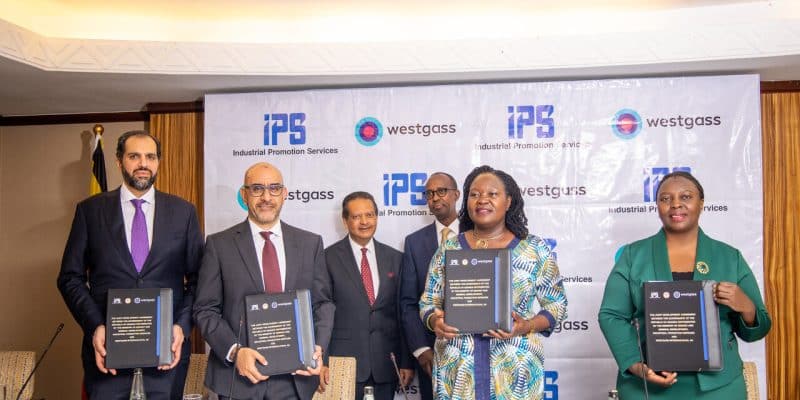Gov't bans purchase of uncertified grain products

A workers carries packed maize floor at a factory. Government has issued tough guidelines to its entities to purchase food products only from suppliers certified by UNBS. FILE PHOTO
Government Ministries, Departments, Agencies and institutions will not be permitted to purchase grain from uncertified suppliers, Evelyn Anite, the state minister for Investment and Privatization, has said.
Speaking at a press briefing at the Uganda Media Centre on August 27, Anite announced new guidelines for the purchase of grains, saying they are designed to enforce the quality of grain procured by public entities.
The guidelines, she added, do align with the National Grain Trade Policy of 2015, which stipulates that all public procurement of grain must be from suppliers certified by the Uganda National Bureau of Standards (UNBS).
- "Uganda plays a critical role in the regional grain trade, but we have faced significant challenges due to the rejection of our grain products in the international market," Anite remarked.
"This is largely due to issues such as aflatoxin contamination, which results from poor post-harvest management practices. By ensuring that only certified suppliers are allowed to sell to government entities, we aim to elevate the standard of grain products."
The UNBS has been at the forefront of this quality assurance drive, having already certified over 630 maize grain providers. These certified providers boast a collective production capacity exceeding 217,000 tons per month, which according to Anite, ensures a reliable supply of high-quality grain for both domestic and regional markets.
- The new procurement guidelines, formally recognized as Procurement Guideline No. 13 of 2024, was issued by the Public Procurement and Disposal of Public Assets Authority (PPDA).
 Maize grain awaiting processing. The new guidelines are intended to ensure food safety and protecting the country's export markets. NET PHOTO
Maize grain awaiting processing. The new guidelines are intended to ensure food safety and protecting the country's export markets. NET PHOTOThey mandate all government entities, including ministries, departments, and agencies, to source their grain from UNBS-certified providers. This regulation took effect on August 23, 2024, and would also extend to Government-supported educational institutions including primary, secondary as well as tertiary institutions, starting January 2025.
This initiative is part of the government’s broader strategy to promote food safety and enhance the competitiveness of Uganda’s agricultural products within the East African Community (EAC).
"By adhering to these guidelines, we are not only protecting the health of our citizens but also enhancing the marketability of our grain products across borders," Anite said. "This is essential for sustaining the livelihoods of millions of Ugandans who depend on agriculture."
In addition to the immediate benefits, the government's focus on quality assurance is expected to foster greater confidence in Ugandan grain products among international buyers. This could lead to increased export opportunities and higher earnings for local farmers and traders.
- The implementation of these guidelines will be closely monitored, with the PPDA and UNBS tasked with ensuring compliance across all government entities. The guidelines are to be distributed to all relevant accounting officers and made accessible on the PPDA web portal, providing transparency and ease of access.
- How the new guidelines would impact household incomes and small-scale producers remains to be seen but by enforcing stringent procurement rules on farm produce, the government believes that it is positioning the country as a reliable source of high-quality grain, which is crucial for both national food security and national development.




.JPG)

































